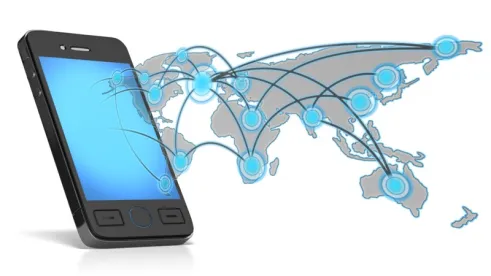A recent decision from the Southern District of Alabama provides more clarity as to the treatment of “dual purpose” telephone calls to wireless numbers that offer free goods and services. The Federal Communications Commission already has explained that “offers for free goods and services that are part of an overall marketing campaign to sell property, goods, or services” are advertisements under the TCPA and FCC regulations. The FCC also has explained that informational calls that are motivated in part by the intent to sell property, goods, or services are “in most instances” advertisements under the TCPA. This is true whether call recipients are encouraged to purchase, rent, or invest in property, goods, or services during the call or in the future (“such as in response to a message that provides a toll-free number”). Report and Order, In re Rules and Regulations Implementing the Telephone Consumer Protection Act of 1991, 18 FCC Rcd. 14014, ¶¶ 139-142 (2003).
The recent decision in Bennett v. Boyd Biloxi, LLC, No. 14-0330-WS-M, 2015 U.S. Dist. LEXIS 59632, at *1-2 (S.D. Ala. May 6, 2015), clarifies that the treatment of offers for free goods and services is the same whether the call is made to a wireless number or a residential number and illustrates how a call offering free goods or services can become a “dual purpose” call. The plaintiff in Bennett alleged that he had received a number of prerecorded messages from the defendant, a casino operator, on his cell phone offering him free concert tickets. The messages did not explicitly describe or attempt to sell other goods or services, but invited the plaintiff to visit the defendant’s website “to view all of your offers.” The defendant’s website allegedly offered discounts on room reservations and food.
The court denied the defendant’s motion to dismiss, ruling that the prerecorded message constituted both advertising and telemarketing and rejecting the defendant’s argument that the FCC’s prohibition of dual purpose calls does not extend to cellular phones. The court reasoned that the FCC has confirmed its belief that “wireless subscribers should be afforded the same protections as wireline subscribers.” Id. at *12. “The defendant’s calls patently encouraged the plaintiff to visit [defendant’s] site and see what goods and services the defendant had for sale.” Id. at *7-8. Thus, as with a call to a landline, “any customer service or informational aspect to the defendant’s notification that the plaintiff was entitled to free show tickets does not insulate the defendant from liability for any advertisement or telemarketing contained elsewhere in the same message.” Id. at *8.




 />i
/>i

